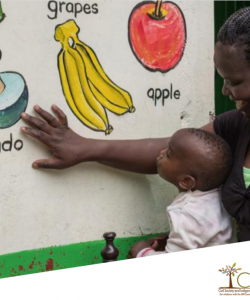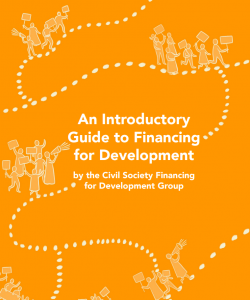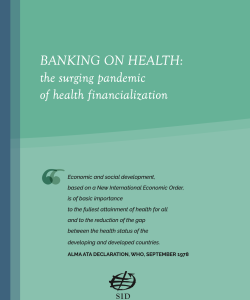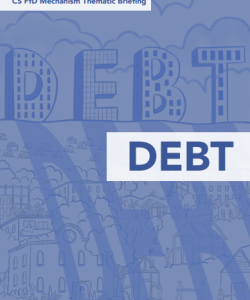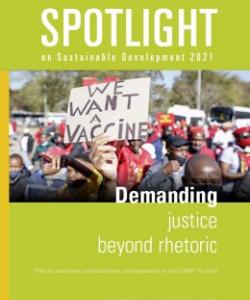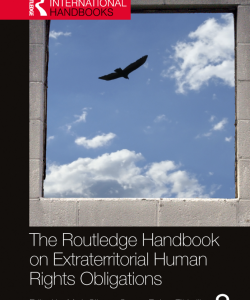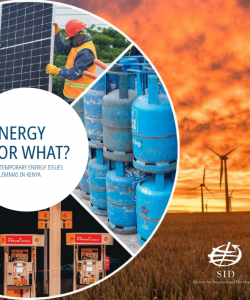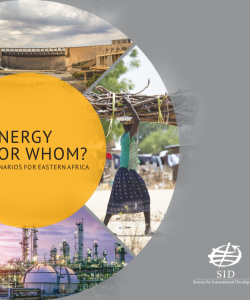Resources and Publications
The present document was written through an autonomous, self-organized, and participatory process by the working Group on Food Systems and Nutrition of the Civil Society and Indigenous Peoples’ Mechanism (CSM) for relations with the UN Committee on World Food Security (CFS).
This document was developed based on collective work by the Civil Society FfD (Financing for Development) Group. It is an introductory briefing of the FfD process and of the Civil Society FfD Group’s role in it being built as an attempt to make navigating the FfD process and its interrelated domains more accessible for a non-technical audience.
Discover the untold story of how finance has gained unprecedented influence over our lives, subjugating health goals to shareholder values, market fluctuations and failures.
Understanding the underlying causes of the debt problem is key to developing and advancing just solutions. In this briefing we look at how the massive debt burdens of global South countries stemmed from a flawed and inequitable international financial system that continues to hold sway today.
Policy responses to the COVID-19 pandemic and resulting economic crisis have greatly exacerbated national and global inequalities.
More than ever, digitalization is all around us. For years, carried away by the fascination with digital gadgets and technologies, we have been allured to blindly enter a world of sophisticated machines without taking into consideration where this journey would take us and how it would revolutionize our existence – to the extent of taking over our human ability to control life.
Kenya’s Compendium of Energy explores the details of today’s energy challenges in one country, using statistical graphs, diagrams and photographs as illustrations.
SID launched 'Energy for Whom? Scenarios for Eastern Africa' on 14th September 2018, in Nairobi (Kenya). The report provides tools to stimulate conversation about the choices our societies face today and anticipate possible future events in order to better respond to them. They can be used by any individual or organisation to test their own plans and choices.

